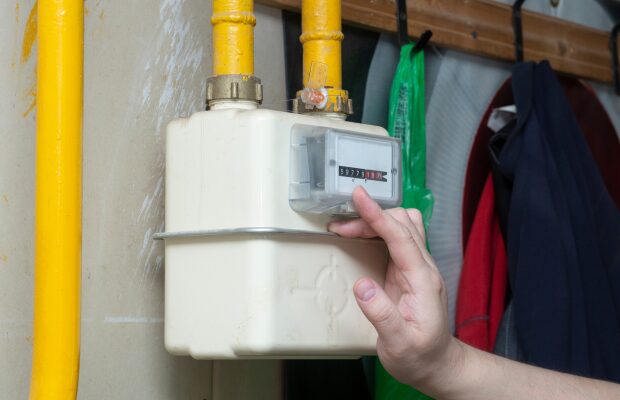Being a landlord is an exciting and lucrative prospect, but it isn’t without its challenges. From managing tenants to legal compliance and property maintenance, there are numerous responsibilities that come with the territory.
However, a lot of mistakes made by landlords can be easily avoided, so here are 10 of the most common and how to steer clear of them.
Underestimating costs
While investing in a buy-to-let is a worthwhile investment, landlords shouldn’t rush in before they’ve carefully thought about the initial costs of buying a property and the cost of maintaining it over the years. Some of these expenses may include:
- Renovations
- Routine maintenance and repairs
- Hiring a letting agent
- Paying for tradespeople
- Property taxes
- Mortgage interest and repayments
- Utilities
Remember, you may need to cover things like mortgage repayments, council tax and utilities whenever the property is vacant.
Set a realistic budget that accounts for all costs involved in investing in a buy-to-let property.
Failing to use an expert letting agent
With constantly shifting legislation, historically high demand and the Renters (Reform) Bill passing through parliament, trying to manage a property on your own is becoming increasingly difficult.
A letting agent can safeguard your investment by helping you to manage your property, making sure it’s always legally compliant , and handling any property maintenance issues.
Neglecting tenant screening
In the haste to get new tenants moved in, neglecting thorough screening is an easy mistake to make, but this could end up costing you more time and money than you were trying to save.
Tenants should be thoroughly checked beforehand to ensure that you’re letting to a trustworthy and reliable individual.
Ellis & Co agents source tenants using industry-leading referencing and background checks, giving you the confidence that your property will be let to a qualified, referenced tenant with a lawful and binding tenancy agreement.
Overlooking insurance needs
Landlords should have appropriate insurance coverage to safeguard their investment. Standard home insurance may not cover rental properties adequately, so obtaining landlord insurance is essential to protect against potential risks.
Forgetting to protect the tenant’s deposit
Particularly if you’re managing several properties at once, forgetting things like deposit protection becomes a possibility.
Every deposit must be protected in a government-backed scheme within 30 days and the tenant must be issued with prescribed information. If the landlord fails to do so within this timeframe, or if it is not done properly, you can be ordered to pay the tenant three times the deposit in compensation.
Having a professional on your side such as a letting agent will eliminate the chance of forgetting anything important or accidentally following incorrect procedure.
Poorly written or vague tenancy agreements
A clear and comprehensive tenancy agreement is essential for both parties’ protection.
Using generic or poorly drafted agreements may lead to disputes or misunderstandings over time, so it’s best to seek legal advice and craft a robust agreement.
When you work with Ellis & Co, we’ll draft your tenancy agreement for you, so that’s one less thing to worry about.
Not getting everything in writing
There is no law against verbal tenancy agreements, but it is highly advisable to keep a written document so that both teams are clear about their obligations.
By having all details of your arrangement in writing, you’ll also be able to avoid any serious disputes later on as both parties will have proof to refer back to.
Overcharging tenants
New landlords and investors might be eager to start earning large sums of money on their rental properties.
However, inaccurate pricing is one of the biggest mistakes to make, as overcharging in rent can limit your pool of potential tenants, and current tenants may be less inclined to renew their tenancy agreement.
Asking for a fair rental price is the best way to keep a steady stream of tenants coming in, instead of deterring them.
A letting agent will have insight into current local market trends and rates that similar properties are going for, allowing your property to stay competitive and fair.
Choosing the wrong location
Location is a critical factor in the success of a buy-to-let property. Before deciding on an area, you should consider your future prospects and make sure that the home is a good fit for the location. For example, if you choose an area with few transport links, you may find it difficult to attract tenants and young professionals.
Think about your target demographic, which amenities they will need close by, and then you can choose your location.
Not seeking advice from others
If you’re a new landlord or investor, trying to navigate the property market alone could mean that you’re missing out on important insight.
Communicating with other landlords and letting agents is a great way to ensure that you’re getting the most out of your property.
Educate yourself with our free landlord guides and tweak your strategy by liaising with other professionals who can guide you towards the best course of action.
Do you need help managing your investment? Contact your local Ellis & Co agent today.








